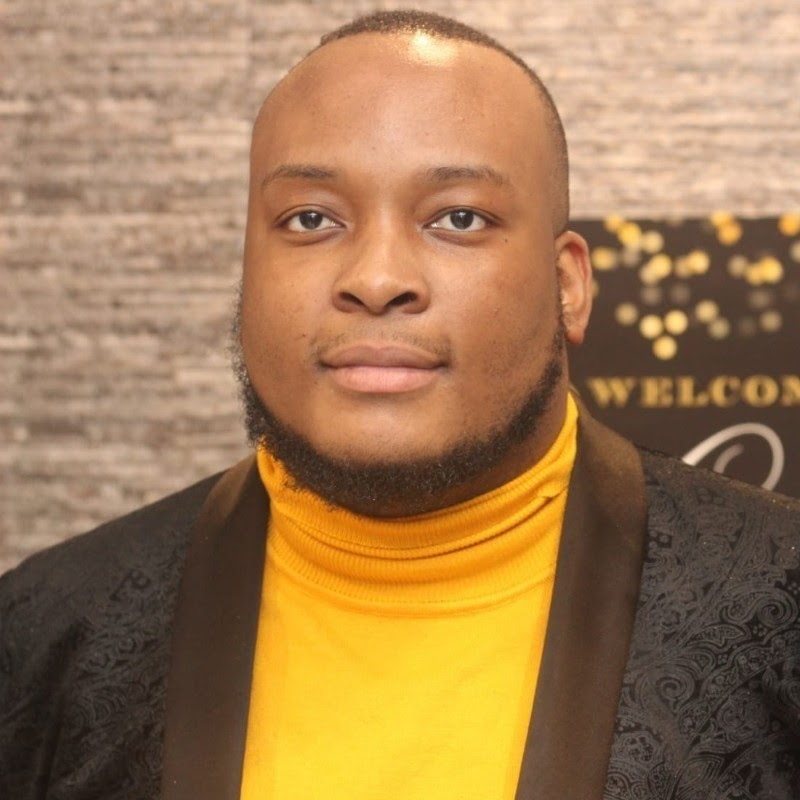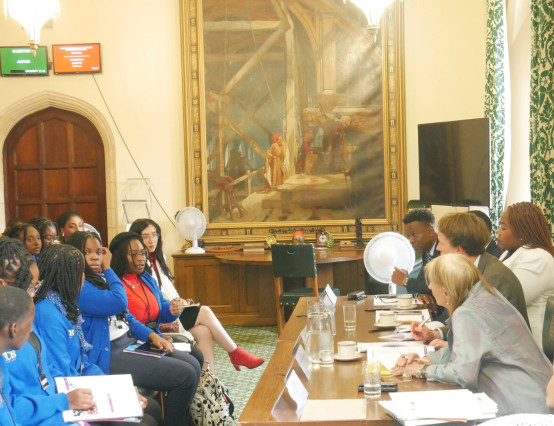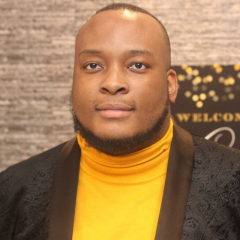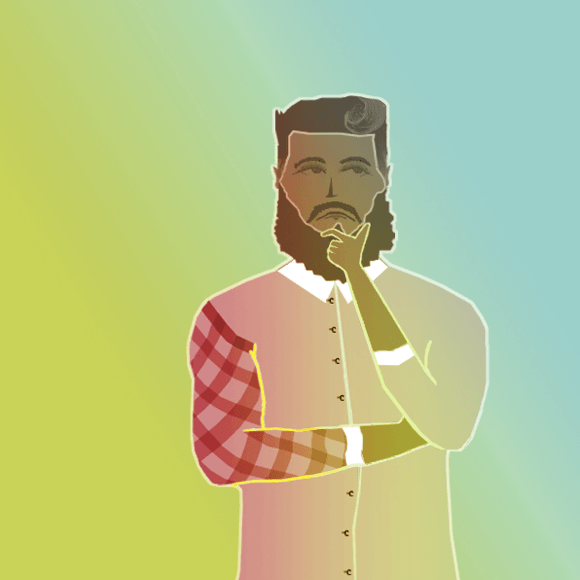Could you first introduce yourself to the reader?
I am Blessing Maregere, a Teacher, Podcast host and PhD Researcher in education technology. 
Tell us a little about your background?
My career journey began when I completed my GCSE exams, and I applied for over 40 jobs, but no one got back to me. So, I launched a commercial contract cleaning business. After a few years of trading, I sold the business for profit and invested some of the profits to launch a youth-led social enterprise, Bright Futures Enterprise.
During the 2010 Global Entrepreneurship Week, Bright Futures Enterprise launched a partnership youth event with Unltd where twenty young people were invited to one day Youth Entrepreneurship conference. The young people learned about starting a business, and they pitched their business idea for funding from Unltd. During the seven years, Bright Futures Enterprise worked with over 100,000 young people supporting them to develop enterprise and employability skills.
Then, I trained to be a teacher to inspire and educate young people to be successful in business. I've worked in the education sector for over ten years. I'm passionate about technology and how educators can apply technology to enhance learning experiences. Additionally, I'm a PhD student, where I research the impact of Technology Enhanced Formative Assessments. In 2014, I was elected as the UK Young Ambassador to Europe. As a UK Young Ambassador, my role involved representing young people across the UK and influencing international decision making.
What inspired you to become a G7/Y7 Forum Member?
I was inspired to become a G7/Y7 Forum Member because I saw it as an opportunity to share real-life challenges faced by young people. I have been passionate about policy development since 2014 when I was elected as the UK Young Ambassador to Europe. Being on the G7/Y7 Forum enabled me to influence G7 leaders and ensure the UK Youth's voice is heard internationally. As part of my role, I suggested policies that provided young people with a successful future by equipping young people with the digital skills required to participate in society.
Why is the Y7 important to you?
Y7 is important to me because it offers young people the opportunity to influence world leaders. Young people are part of the future, and they should be on the table today discussing issues that will affect us in the future. For young people to get to the future, we need to start creating our future from now.
Tell us more about your particular track?
I was part of the Digital and Technology track, where we looked at how to ensure young people have the digital literacy skills to participate in society and explore policies and regulations for tech companies. Young people are expected to live an increasingly large proportion of their lives online to socialise, learn, and work in cyber. Covid-19 has only accelerated this. We envisage a world where all young people are equipped to navigate the internet safely and successfully and where all society feels the benefits of digital.
Are there any particular developments you hope to see?
As an educator, I am passionate about education and ensuring that all young people have digital skills and literacy to engage online fully. G7 Leaders need to ensure that digital infrastructure and resources are made available to all, with investment focused on closing digital divides and inequalities, particularly to remote, unserved and Indigenous communities.
As part of the Digital and Tech Policy track, we are calling G7 Leaders to achieve universal internet connectivity by 2025 in their territories and empower multilateral donors to increase their investment to ensure global universal access to broadband by 2030. Secondly, we are calling G7 leaders to ensure they implement our policy recommendation on recruiting, training and equipping educators with capabilities to teach digital literacy and digital skills at all levels of education.
What's been your most significant moment in achieving change?
As a Youth Forum Member for Digital and Tech, I had the opportunity to engage with young people across the UK, listen to the challenges and opportunities they face with digital and technology. I was also able to recommend digital literacy and education policies which the head delegates took on board, and they were outlined in the Y7 Communique, which world leaders have read. I believe this is my most significant moment in achieving change, and I hope to see world leaders listening to our ideas and implementing them.
How can young people become more involved with social change?
Young people should become more involved with social change through participating in public consultation, volunteering in the local community and engaging on social media on issues that will affect them. World leaders are ready to listen to our ideas, and we need to be part of the table, either at a local or global level. We are part of the future, so we need to be engaged across all levels of social change.
Do you have any advice for young people interested in sharing their youth voice?
First of all, my advice would be to find an area or issue that you are passionate about and connect with organisations that are championing youth voices. World leaders and business leaders are waiting for you to speak up and be involved. If we want to shape our future, we need to start now and build a future we want.







0 Comments